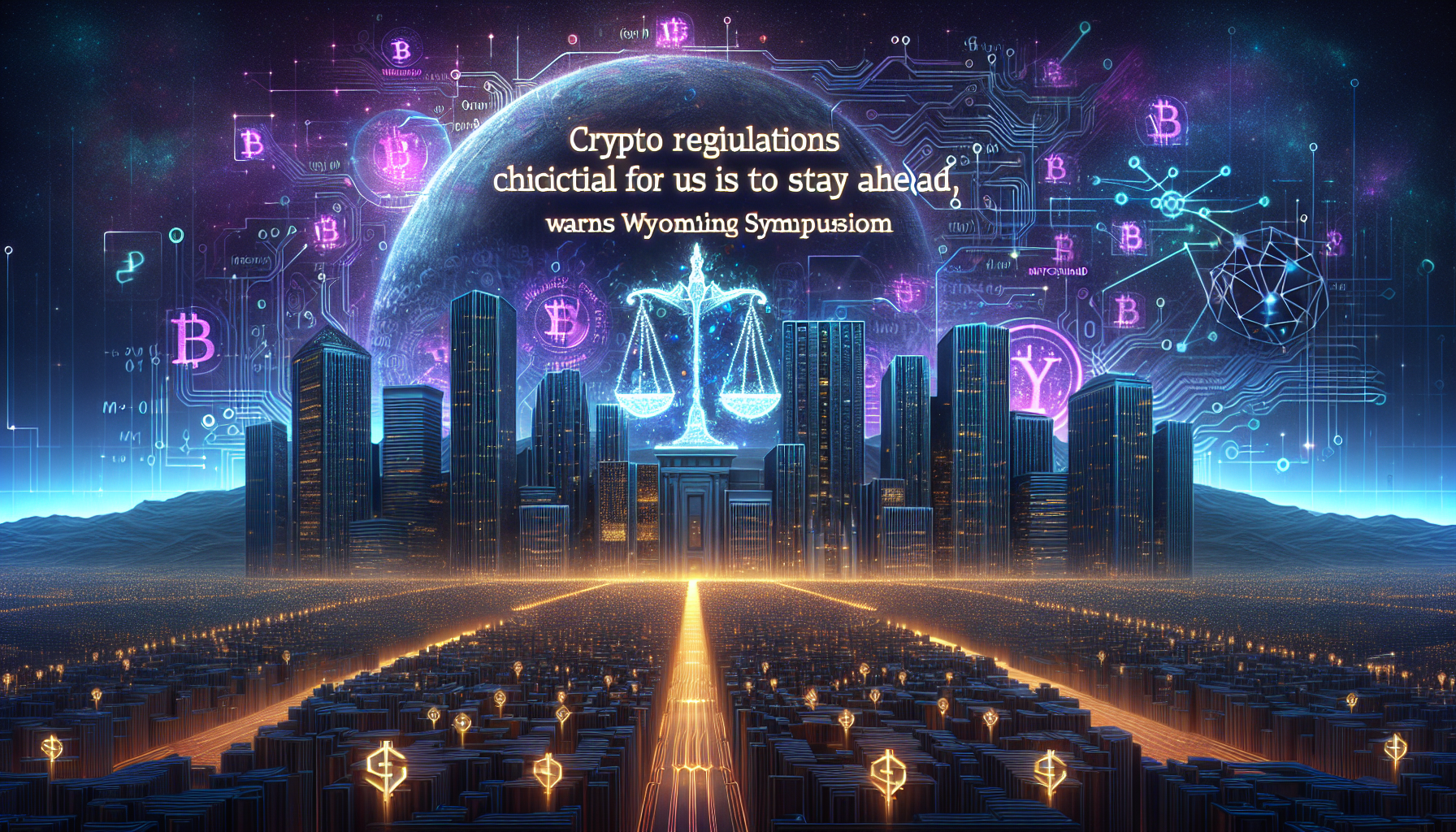 Crypto regulations are at a crossroads, and former Congressman Wiley Nickel has a message for the crypto community: real change needs Congress. In a candid chat with Cointelegraph’s Turner Wright, Nickel emphasized that lasting crypto legislation must be crafted through bipartisan efforts in Congress, not through temporary executive orders.
Crypto regulations are at a crossroads, and former Congressman Wiley Nickel has a message for the crypto community: real change needs Congress. In a candid chat with Cointelegraph’s Turner Wright, Nickel emphasized that lasting crypto legislation must be crafted through bipartisan efforts in Congress, not through temporary executive orders.
Nickel’s call to action is clear: if you want enduring impact in Washington, legislation is the way forward. Executive orders, he warns, are like shifting sands—here today, gone tomorrow. Remember the chaos with Gary Gensler’s SEC? That’s what happens when you don’t anchor change in Congress.
Take, for instance, President Trump’s executive orders from January 23. One established a Working Group on Digital Assets and banned the development of a central bank digital currency (CBDC). Another set up a Bitcoin strategic reserve and a separate crypto stockpile. But these are just executive actions—vulnerable to reversal by future administrations.
In the halls of Congress, momentum is building. Rep. Tom Emmer has reintroduced legislation to ban CBDCs in the US. Meanwhile, Wyoming Senator Cynthia Lummis is back with the Bitcoin Act, aiming to let the US acquire over 1 million Bitcoin. These moves show that lawmakers are serious about shaping the crypto landscape.
Rep. Byron Donalds is also stepping up, planning to draft legislation that would enshrine the Bitcoin strategic reserve into law, safeguarding it from potential future reversals. The House of Representatives recently repealed an IRS broker rule that required decentralized finance platforms to report to the IRS—a move celebrated by many in the crypto space.
At this year’s Blockworks Digital Asset Summit, Democrat Rep. Ro Khanna expressed optimism that Congress could pass comprehensive crypto regulation by 2025. This includes a stablecoin bill and a market structure bill—key pieces of legislation that could redefine the crypto ecosystem.
The takeaway? The crypto world is on the brink of significant legislative changes. While executive orders can make headlines, it’s Congress that holds the power to create lasting frameworks. As the debate continues, all eyes are on Capitol Hill to see how these legislative efforts unfold and shape the future of crypto in America.




